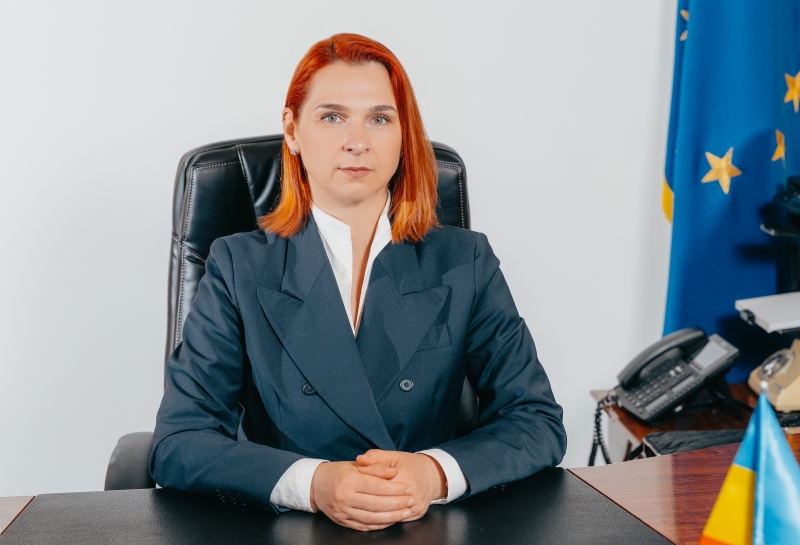In a context of continuous informational warfare, Ana Rev, the director of the Center for Strategic Communication and Disinformation Combat (CCSCD), discusses in an interview for ZdG, how the institution functions, what its mission is, and what it has achieved in two years since its establishment.
— What exactly falls under the mandate of the CCSCD? Is it just an analysis and recommendation center, or does it also have operational duties, of direct intervention?
— The emphasis in countering disinformation is on proactive approach, aimed at strengthening the informational resilience of institutions and society. The debunking type of counteraction is reactive. The one that involves banning the activity of malignant communication means is also reactive and does not solve the root problem. Because the respective ones can be replaced almost immediately.
Understanding that disinformation aims at weakening a people, a state, strategic communication comes as a response, strengthening unity, trust, and respect. Through efficient strategic communication, you can structurally counteract disinformation. The difference between proactive and reactive is simple: the first step is to set the agenda in your favor, the second means that you are already playing on the opponent’s field, only by taking precedence over as many of the narratives in the public space, that is, by weakening its base.
We are an organization that not only monitors, analyzes and informs, but especially participates in building an ecosystem focused on the state’s strategic communication. The Center does not have operational rights. We are a center for analysis, early warning, knowledge consolidation and strategic guidance on communication. The Center operates as a knowledge, guidance, and strategic coordination hub. We do not have coercive duties, but we have the responsibility to put on the table of state institutions and private partners the complete picture of threats and action options.
— To whom do you report and what weight do your recommendations have? Are they mandatory for state institutions or just consultative?
— The Center is directly subordinate to the country’s president. The weight of the recommendations can only be appreciated by decision-makers and results from the effect they produce. An analytical report, an information note on, for example, Russian intentions and objectives hidden behind certain narratives and tactics used to reach a targeted social group is the basis for building a counter-narrative and defense strategy. However, not only the Center participates in this construction, it is a common effort. In this regard, the Center provides the institutions responsible for various aspects of national security with data and information that support and facilitate the coordinated response of the entire state apparatus. Regulatorily and legally, our recommendations are consultative, but in reality, when we talk about protecting democracy, institutions, and citizens, they are treated with maximum responsibility.
— Could you give concrete examples of situations where the CCSCD recommendations were taken over and implemented by the authorities?
— The recommendations are strategic and less point-operational. The Center operates at the level of recommendations aimed at strengthening trust in institutions, democratic processes, social cohesion, and economic security – these are systemic indicators as measures of success, because exactly these are the vulnerabilities exploited by hostile actors, and by strengthening them, applying tools and actions known as strategic communication, we obtain the necessary resilience.
An example is the national awareness and awareness campaigns with a strong impact and coverage, campaigns built around national holidays, commemorative days, historical events that have deeply marked our society, through which messages of unity, trust, optimism, but also reconciliation, respect, and solidarity are transmitted.
The development and provision of directives addressed to the education, culture, economy, foreign affairs sector for adapting sectoral public policies, so as to reduce or eliminate the impact of systemic factors favoring foreign interference, are also found on the Center’s work agenda.
Read more HERE

